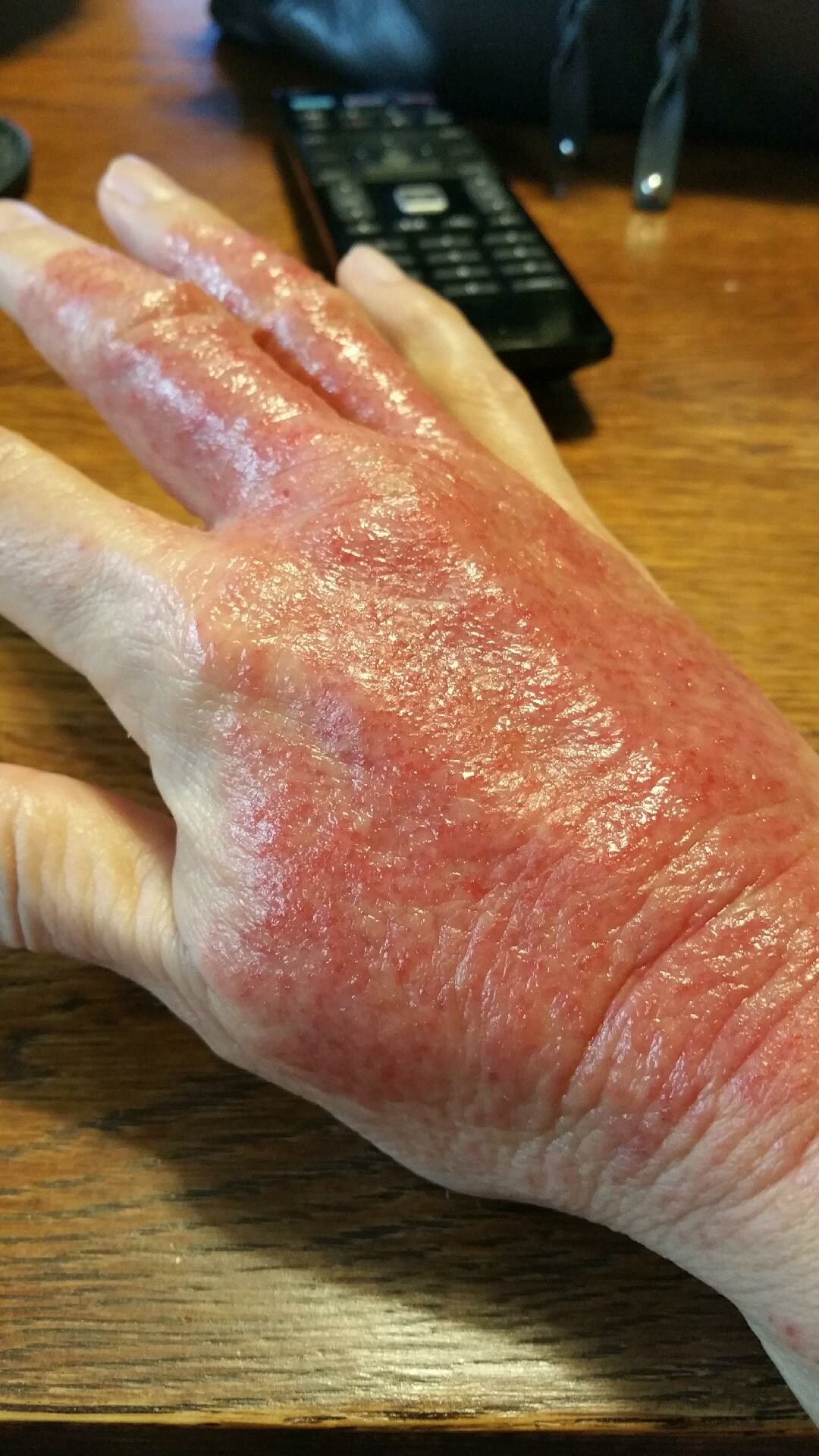
Hydration is vital to keeping the body functioning properly. Hydration, in fact, is so vital that a person is unable to survive more than a few days without water. Lack of adequate daily hydration can lead to "dehydration"
Affects of Dehydration
- negatively impacts
- mood
- cognitive abilities
- kidney function
- physical performance
- extreme fatigue
- lethargic
- headaches
- dry mouth and nasal passages
- muscle cramps
Since hydration is so important for most body systems, it is understandable that dehydration would have diverse symptoms, including creating barriers for sleep.
How The Body Loses Water
- Urination (most water loss)
- Insensible Water Loss (water loss not easily measured)
- loss of 40 to 800mL/day in the average adult
- 600 to 800mL/day characterizes 30 to 50% of all water loss
- breathing (respiratory system)
- over a full day > 300 to 400mL/day (15 to 25% of all water loss)
- most of this loss happens during sleep
- over a full day > 300 to 400mL/day (15 to 25% of all water loss)
- skin (sweating)
- fluid excreted with stool
- no fluid intake during sleep normally
- less than 6 hours of sleep per night
How Are Sleep And Hydration Connected?
A study has suggested that getting 6 hours of sleep or less every night disrupts the way the body's hormonal system regulates hydration and could leave your body not adequately hydrated. Vasopressin is a hormone that gets released during the day and night to manage fluid levels.
- released quickly and later on in the sleep cycle
- waking up early may miss the "window of opportunity" for the later release of Vasopressin disrupting hydration
- makes sure body does not lose too much water while sleeping
- can pull water back into the body from urine if needed
- lack of sleep can prevent the appropriate amount of vasopressin from being released
Can you see the domino affect here? Not enough sleep can contribute to dehydration. Dehydration can contribute to poor sleep.
How To Improve The Sleep and Hydration Connection?
- Stay hydrated throughout the day (water as primary beverage)
- Reduce fluid consumption an hour or two prior to bed
- Limit alcohol and caffeine at night (diuretic effect and interfere with normal sleep cycle and quality)
- Elevate legs in the evening
- fluid tends to collect in the lower legs.
- allows body to reabsorb water before bed
- Urinate before going to bed
- Stick to a good bedtime schedule
As you can see, to get a good night's sleep there is a fine line between too much hydration and not enough. Of course, there could be other reasons why a good night sleep may escape you including a serious medical condition. However, if these possibilities have already been ruled out, check out my other blog posts or these other resouces for additional insights.
Resources:
https://www.sleepfoundation.org/nutrition/hydration-and-sleep
https://www.ncbi.nlm.nih.gov/books/NBK544219/#:~:text=Insensible%20fluid%20loss%20is%20the,the%20average%20adult%20without%20comorbidities
https://www.ncbi.nlm.nih.gov/books/NBK544219/#:~:text=Insensible%20fluid%20loss%20is%20the,the%20average%20adult%20without%20comorbidities







